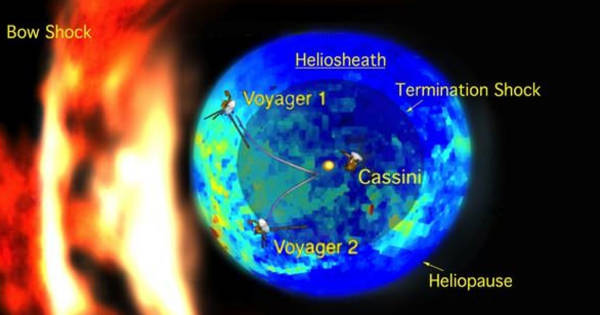Around 50 million years ago, an ancient continent known as Balkanatolia lay between Europe and Asia, with a diverse range of creatures not seen on either surrounding mainland. Falling sea levels allowed Asian creatures to invade Balkanatolia and replace indigenous wildlife, according to the authors of a new study, before moving on to Western Europe and causing a dramatic extinction event. This massive loss of European fauna, known as the Grande Coupure, occurred 34 million years ago at the end of the Eocene epoch.
However, the study author’s note in their paper published in the journal Earth-Science Reviews that Asian species first appear in the fossil records in southeastern Europe five to ten million years before this occurrence. The researchers examined all 31 Eocene mammalian fossil records from the Balkan Peninsula and Anatolia, reassessing the dates of some of these finds based on revised geological data, to fill in the gaps in the timeline leading up to the Grande Coupure. According to their findings, the region existed as “a previously undiscovered biogeographic province, defined here as Balkanatolia” for much of the epoch.
However, by roughly 40 million years ago, Asian rodents and four-legged hoofed mammals – or ungulates – had colonized the area, according to the fossil record. Brontotheres, which resembled gigantic rhinoceroses but became extinct at the time of the Grande Coupure, were among the Asian animals that had reached Balkanatolia before the end of the Eocene. “A decline in global eustatic sea level and tectonically-driven sea retreat in eastern Anatolia and the Lesser Caucasus during the late middle Eocene assisted this colonization episode,” the study authors write.
Balkanatolia was not connected to Western Europe via a land bridge until 34 million years ago, when a glacial event forced sea levels to drop once more. This prepared the way for Asian mammals to continue westward, resulting in the extinction of many European species. To put it another way, the researchers believe that huge geographic shifts 40 and 34 million years ago allowed Asian ungulates and rats to enter Europe in two stages.
They began their conquest of Europe by settling in Balkanatolia, where they displaced much of the indigenous species before moving on to other parts of Europe. “These paleogeographic alterations resulted in the extinction of Balkanatolia as a unique biogeographic province and cleared the path for the distribution of Asian endemic clades in Western Europe before and during the Grande Coupure,” the scientists write.
















